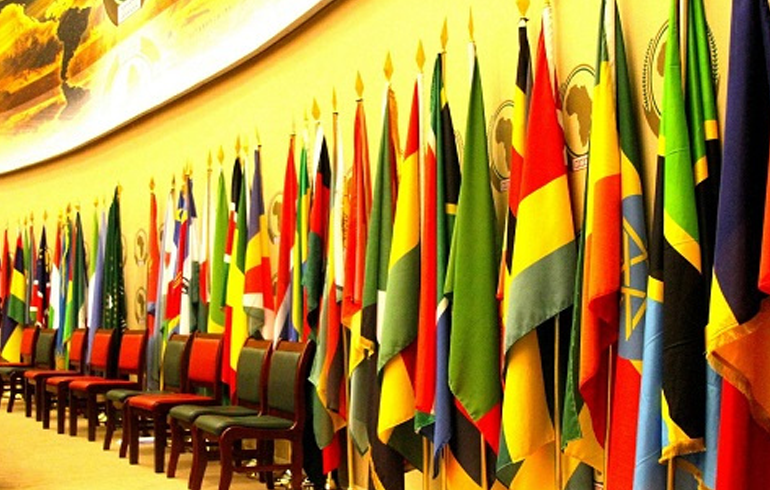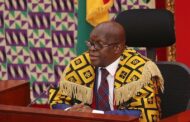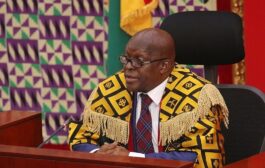Africa Day is the annual commemoration of the foundation of the Organisation of African Unity on 25 May 1963. It is celebrated in various countries on the African continent, as well as around the world.
It is a statutory public holiday in several countries such as The Gambia, Mali, Namibia, Zambia and Zimbabwe.
History of African Unity Day
On May 25th 1963, the leaders from 30 of the then 32 independent African states signed a founding charter in Addis Ababa, Ethiopia.
The OAU was created to help bring about change, freedom and independence to many African countries.
In 1991, the OAU established the African Economic Community, and in 2002 the OAU established its own successor, the African Union.
Since the establishment of the OAU, a further 21 states have joined. South Africa became the latest and 53rd member on May 23rd 1994.
Despite the name change to the African Union, both the name and date of Africa Day have been retained and Africa Day provides an opportunity to acknowledge the achievements of the peoples and governments of Africa.
Over 25% of the world’s languages are spoken only in Africa. Around 2,000 languages are in use in the continent. Despite this linguistic diversity, every African country has English, Portuguese, French or Arabic as one of its official languages, except Ethiopia.
Europe colonized all of Africa except Ethiopia and Liberia. After those colonized gained their independence, they still kept the language of their colonizer as one of their official languages.
At the time, Liberia, having been founded by African-American settlers in 1847, already had English as its official language. Ethiopia was not colonized, though it was briefly conquered by Italy ahead of the second world war, and its official language is Amharic.
Source: Mybrytnewsroom.com/Kwabena Nyarko Abronoma



















































